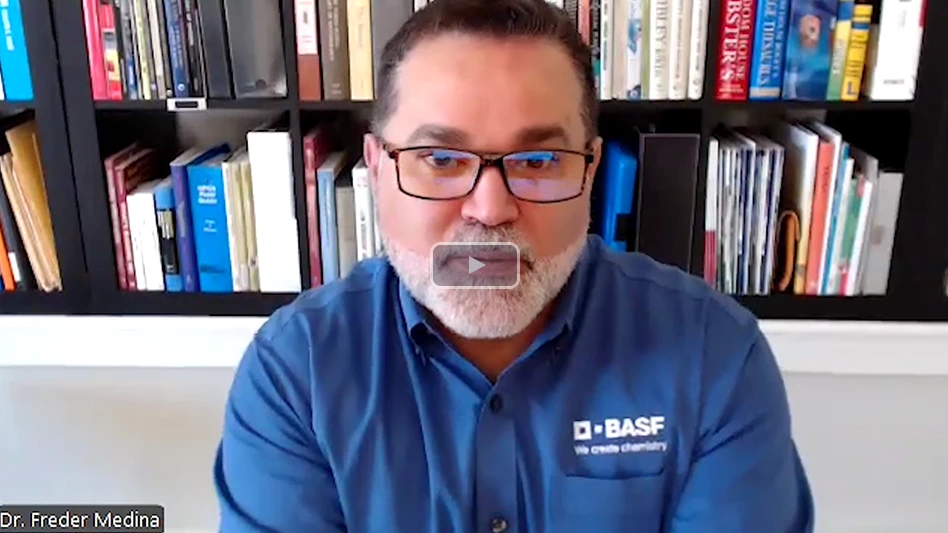
Since the mid-1990s, the world has seen a massive and rapid resurgence of bed bug infestations due to increased international travel, global commerce and insecticide resistance. In the 2015 Bugs Without Borders survey, 99.6 percent of pest management professionals reported that they have treated for bed bugs; that’s a profound increase from only 25 percent 15 years ago (National Pest Management Association). Infestations do not discriminate across social class, income level or cleanliness, and despite the intense research focus over the past two decades into improved control methods, bed bugs continue to plague human dwellings.

The common bed bug, Cimex lectularius L., has symbiotic, intracellular bacteria called Wolbachia that make B vitamins for them, since the bed bug consumes an entirely blood-only diet. However, bed bugs occasionally also have a second, unclassified bacteria present in them in the Enterobacteriaceae group, and very little is known about its acquisition, or its contribution to the insect’s biology. My project, under the direction of Drs. Coby Schal and Wes Watson at North Carolina State University, involves an in-depth examination of microbial interactions of Cimex lectularius with an innovative approach to still unanswered questions about their biology that could ultimately lead to improved management strategies of this significant and cosmopolitan urban pest.
I was curious to see if bed bugs could acquire and maintain environmental bacteria in their gut. So far, I have performed initial analyses using 200+ field-collected samples from across North Carolina in partnership with three regional pest management companies, where I isolated bed bug gut tissue as the target for DNA amplification to identify all bacterial species present, as a snapshot of bacterial diversity. As it turns out, some bed bugs do acquire and house facultative, or temporary, bacteria likely obtained from their local environment. Coupled with their natural, symbiotic bacteria, these environmentally-acquired microbes may be enhancing the bed bug’s insecticide resistance, or otherwise positively contributing to the insect’s fitness, but much more research is needed.
Insects evolve and adapt quickly, as demonstrated by insecticide resistance in many agricultural and urban pest species, and so it is important to constantly seek out novel methods of control in an attempt to stay one step ahead of pests. The arsenal of chemical control measures for bed bugs is increasingly limited, and as insecticide resistance increases, the need for enhanced knowledge of how these microorganisms affect their macroorganism host is vital. We need to find and develop advanced control methods that target insects’ beneficial microbes. The common bed bug will undoubtedly plague humans for quite some time, and studying insect microbiomes holds tremendous potential value as an untapped resource for manipulation to control insect pests.
Editor’s note: PCT will report on Fisher’s future research as results become available.The author is a Board Certified Entomologist with the U.S. Navy Medical Service Corps, North Carolina State University.

Explore the September 2016 Issue
Check out more from this issue and find your next story to read.
Latest from Pest Control Technology
- Moneypenny is a Provider of Virtual Receptionists
- Video: Top 10 PCT Photo Contest Finalists
- Massey Services Expands with Southeast Commercial Region
- Pest Management Foundation Announces Kevin J. Burns Scholarship
- How to Identify Clover Mites
- Termite Threat Halted in Southern Florida
- PCT Media Group Adds Managing Editor Katie Hobbins
- Evens Clerjuste on Team Communication as Company Growth Point





